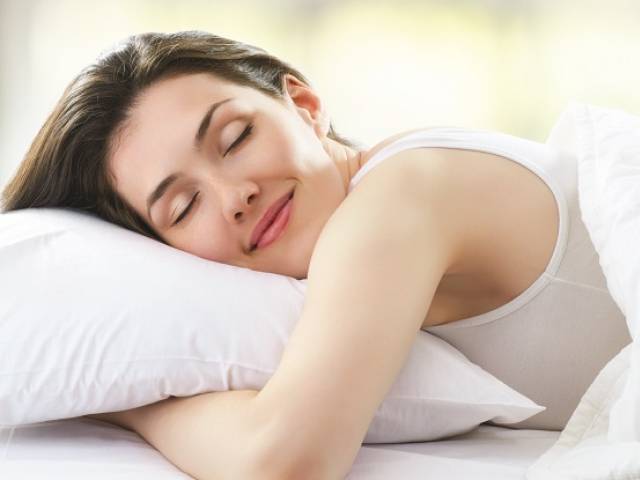Getting enough sleep is crucial for our physical and mental health, yet many of us struggle with getting the recommended 7-9 hours of sleep each night. From stress to technology, there are many factors that can interfere with our sleep and leave us feeling tired and irritable.
In this article, we’ll explore the importance of sleep, the benefits of good sleep, and provide some tips and techniques for improving your sleep and relaxation.
The Importance of Sleep
Sleep is essential for our physical and mental health. During sleep, our bodies have the chance to rest, recover, and recharge. Without enough sleep, our bodies and minds can become tired and fatigued, leading to decreased productivity, increased stress, and an increased risk of health problems.
The Benefits of Good Sleep
Getting enough good quality sleep can have a number of benefits, including:
- Increased energy and productivity: A good night’s sleep can leave you feeling refreshed and ready to tackle the day.
- Improved mental health: Sleep can help to reduce stress, anxiety, and depression.
- Better physical health: Sleep is essential for the repair and recovery of our bodies, helping to reduce the risk of health problems such as heart disease and obesity.
- Improved memory and learning: Sleep can help to improve memory and learning by giving our brains time to process information.
Tips for Improving Your Sleep and Relaxation
Here are some tips for improving your sleep and relaxation:
- Establish a sleep routine: Going to bed and waking up at the same time every day can help to regulate your sleep-wake cycle.
- Avoid screens before bed: The blue light emitted by screens can interfere with our sleep and leave us feeling more awake.
- Create a sleep-conducive environment: A dark, quiet, and cool bedroom can help to promote better sleep.
- Practice relaxation techniques: Techniques such as deep breathing, meditation, and yoga can help to reduce stress and promote relaxation.
- Avoid caffeine and alcohol: Both caffeine and alcohol can interfere with our sleep, so it’s best to avoid them before bed.
Sleep Disorders and Treatment Options
If you are having trouble sleeping, you may be suffering from a sleep disorder. Common sleep disorders include insomnia, sleep apnea, and restless leg syndrome. If you are having trouble sleeping, it’s important to talk to your doctor, who can help to diagnose and treat your sleep disorder.
Conclusion
Getting enough sleep is essential for our physical and mental health, yet many of us struggle with getting the recommended 7-9 hours of sleep each night. By establishing a sleep routine, avoiding screens before bed, creating a sleep-conducive environment, practicing relaxation techniques, and avoiding caffeine and alcohol, you can improve your sleep and live a happier, healthier life. If you are having trouble sleeping, it’s important to talk to your doctor, who can help to diagnose and treat your sleep disorder. With the right tools and techniques, you can sleep better, live better, and enjoy the many benefits of good sleep.
